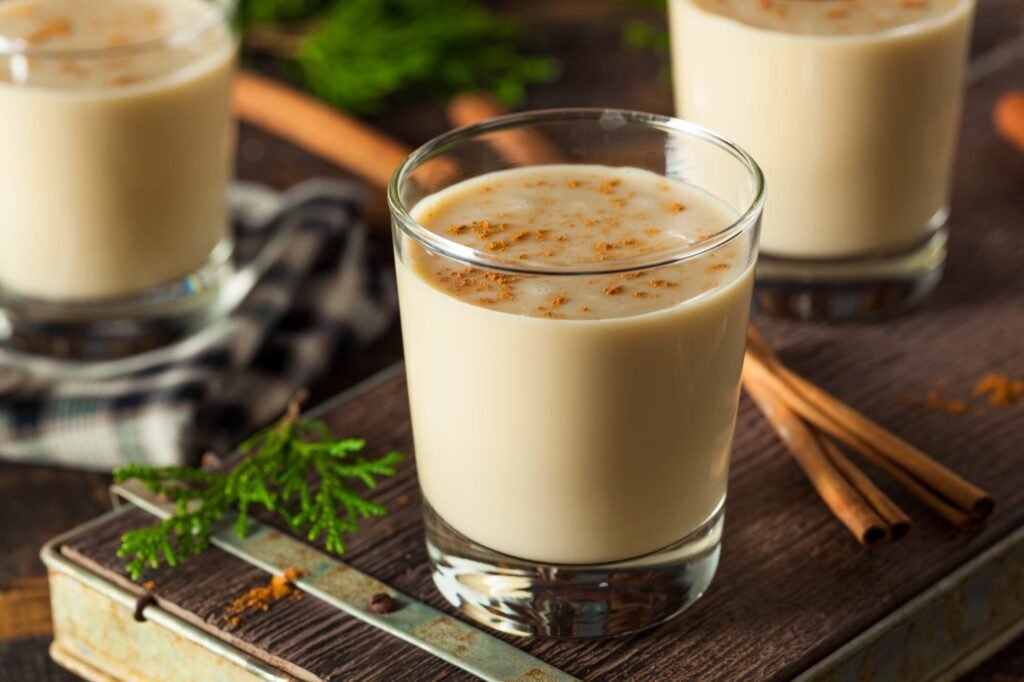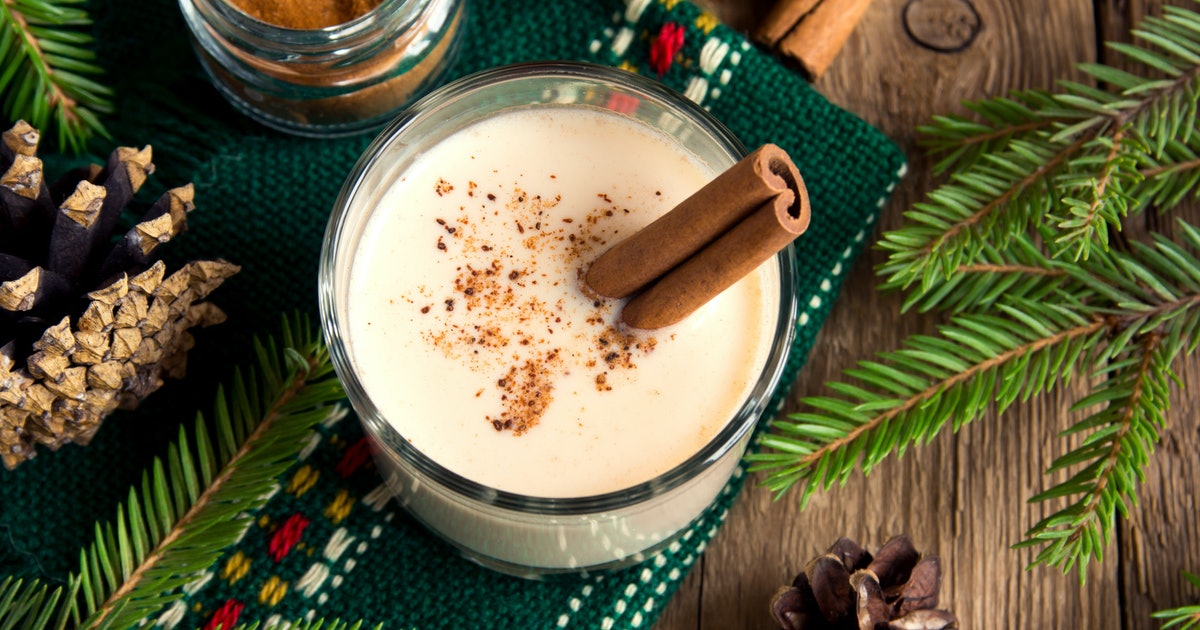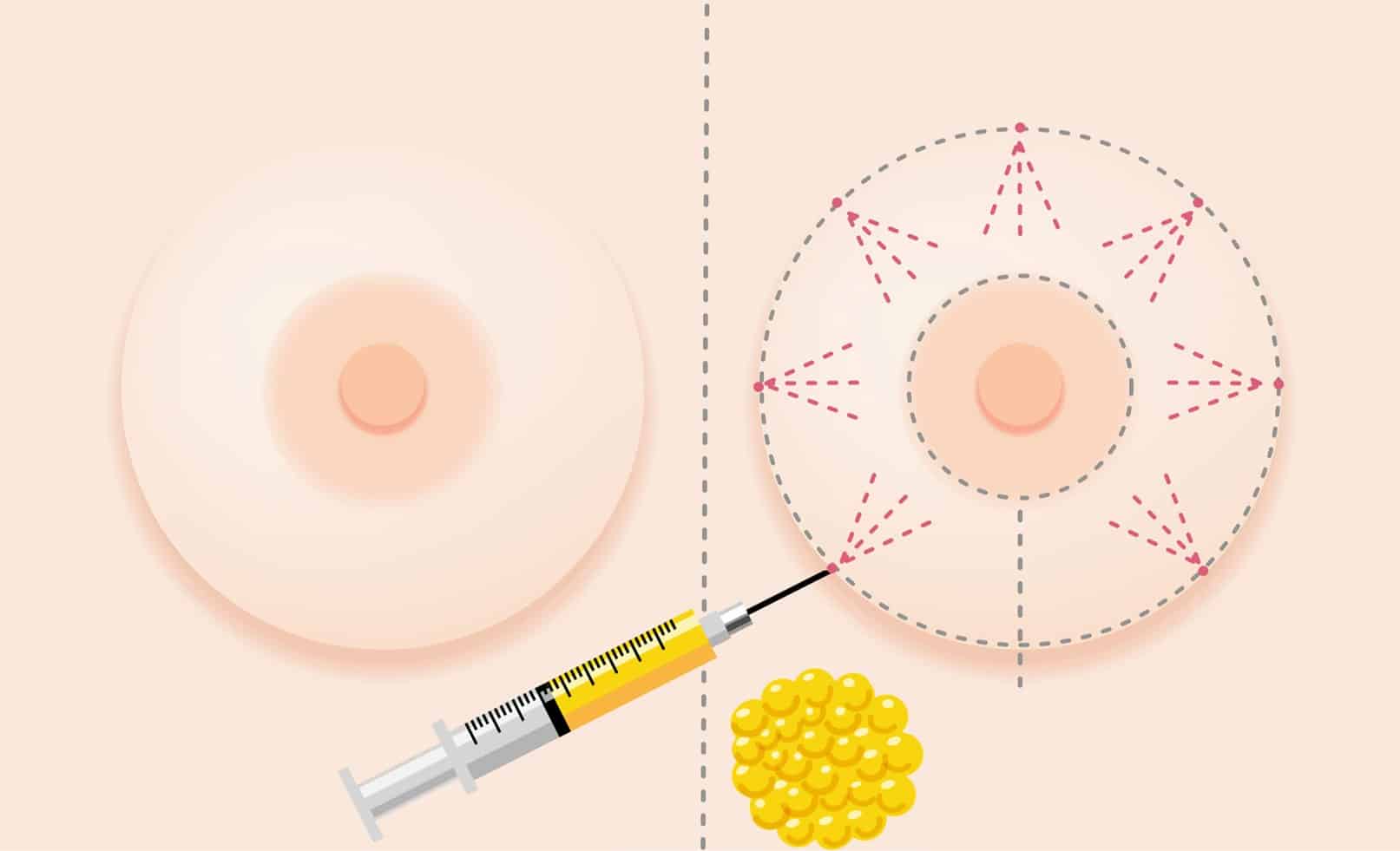Eggnog, An old-fashioned beverage includes milk, cream, sugar, eggs, as well as nutmeg and cinnamon which are spices. Some people likewise indulge in the addition of a drink of choice, such as rum, brandy, or bourbon, to their eggnog for a little extra spice. While eggnog can be a yummy, holiday-spiced beverage, is it considered a safe drink when you are expecting?
The solution depends on some elements: the proportion of ingredients, the preparation, and the number of glasses of eggnog you drink. In this article, we are going to talk about all the eggnog things during pregnancy, starting with the basics and digging deeper into the advanced aspects, offering you the best knowledge for making the right decision.
The Basics: What Are the Risks of Drinking Eggnog During Pregnancy?

There are two main risks of drinking eggnog during pregnancy: alcohol and raw eggs. Both of these ingredients can pose serious health risks for you and your baby, and should be avoided as much as possible.
Alcohol
Alcohol is a definite no-no during pregnancy, as it can cross the placenta and affect your baby’s development and health. According to the Centers for Disease Control and Prevention (CDC), there is no safe amount of alcohol during pregnancy, and any amount can cause fetal alcohol spectrum disorders (FASDs), which are a range of physical, mental, and behavioral problems that can last a lifetime. Some of the effects of FASDs include:
- Low birth weight
- Premature birth
- Miscarriage or stillbirth
- Abnormal facial features
- Growth problems
- Learning disabilities
- Speech and language delays
- Attention and memory problems
- Hyperactivity and impulsivity
- Social and emotional difficulties
- Vision and hearing problems
- Heart defects
- Kidney problems
- Liver damage
- Increased risk of infections
Therefore, it is best to avoid any alcoholic beverages during pregnancy, including eggnog that contains alcohol. If you are not sure whether the eggnog you are offered at a party or a family gathering has alcohol or not, it is better to politely decline it or ask for a non-alcoholic version. You can also check the label of the store-bought eggnog to make sure it is alcohol-free.
Raw Eggs
Raw eggs are another potential hazard in eggnog, as they can harbor harmful bacteria, such as Salmonella, that can cause food poisoning. Salmonella infection can cause symptoms such as fever, nausea, vomiting, diarrhea, and abdominal cramps, which can be very unpleasant and dangerous for you and your baby. Salmonella infection during pregnancy can also increase the risk of:
- Dehydration
- Preterm labor
- Low birth weight
- Miscarriage or stillbirth
- Neonatal sepsis (a life-threatening infection in the newborn)
Therefore, it is important to avoid any eggnog that is made with raw or unpasteurized eggs, as they can be contaminated with Salmonella or other pathogens. Pasteurization is a process that involves heating the eggs to a high temperature for a certain period of time, which kills the bacteria and makes them safe to consume. You can either buy pasteurized eggs from the market to make your own eggnog, or buy commercially prepared eggnog that is made with pasteurized eggs and milk. You can also cook the eggnog mixture to a temperature of at least 160°F (71°C), which will also kill any bacteria and make it safe to drink.
Also Read: How Long Does Indigestion Last?
The Advanced Tips: How to Enjoy Eggnog Safely and Healthily During Pregnancy
If you love eggnog and want to enjoy it during pregnancy, you can do so safely and healthily by following some simple tips and tricks. Here are some of them:
- Choose non-alcoholic and pasteurized eggnog, either homemade or store-bought, and check the label or the recipe carefully to make sure it does not contain any alcohol or raw eggs.
- Limit your intake of eggnog, as it can be high in calories, fat, and sugar, which can contribute to excessive weight gain and gestational diabetes. A standard serving size of eggnog is about 4 ounces (120 ml), which contains about 180 calories, 9 grams of fat, and 21 grams of sugar. You can also opt for low-fat or light versions of eggnog, which have fewer calories and fat, but still have a lot of sugar. You can also dilute your eggnog with some milk or water to reduce the calories and sugar content.
- Add some extra nutrition to your eggnog by adding some fresh or frozen fruits, such as bananas, strawberries, or blueberries, which will provide you with some vitamins, minerals, antioxidants, and fiber. You can also add some nuts, seeds, or nut butters, such as almonds, walnuts, flaxseeds, or peanut butter, which will provide you with some healthy fats, protein, and omega-3 fatty acids. You can also add some yogurt, kefir, or probiotics, which will provide you with some calcium, protein, and beneficial bacteria for your gut health.
- Spice up your eggnog with some natural and healthy spices, such as cinnamon, nutmeg, ginger, cloves, or vanilla, which will add some flavor and aroma to your drink, as well as some health benefits. For example, cinnamon can help lower blood sugar levels, nutmeg can help improve digestion, ginger can help ease nausea, cloves can help fight infections, and vanilla can help reduce stress .
- Make your own eggnog at home, as it will give you more control over the ingredients and the quality of your drink. You can use pasteurized eggs and milk, or substitute them with egg replacers and plant-based milks, such as soy, almond, or oat milk, which are also pasteurized and safe to consume. You can also use natural sweeteners, such as honey, maple syrup, or stevia, instead of refined sugar, which will reduce the glycemic index and the calories of your drink. You can also adjust the amount of spices and flavorings to suit your taste and preference.
What Are Some Alternatives to Drink While You’re Pregnant?
Pregnant women should be careful about what they are drinking because there are chemicals in the food that can affect the baby’s health.
Though eggnog is thought to be safe for adults to drink, it contains ingredients like alcohol and raw eggs which can pose health risks to pregnant women.
It is not recommended to drink alcohol during pregnancy because of the risks for the baby. There are alternatives that pregnant women can drink instead of alcohol.
Some alternatives to drink while pregnant are:
- Soda: It is a good alternative and does not contain any calories (0).
- Coffee: Coffee does contain caffeine but it is said that the fetus will not be harmed by it.
- Meal replacement drinks: These drinks provide nutrition and keep you full for a longer time than just drinking juice or water.
Conclusion

We all know how weird our bodies can get when we’re pregnant. We may get a little emotional, have trouble sleeping, and crave things we never would’ve imagined before. But there’s another side of pregnancy that many people aren’t aware of alcohol and how it can affect your baby.
Some women drink alcohol while they’re pregnant to try to calm their nerves or help them sleep. But we should know that there is no safe amount of alcohol when you’re pregnant. And the safest choice is not to drink at all while you’re expecting because all forms of alcohol can be risky for your baby’s health – even if you only drink occasionally during pregnancy.
There are three main types of eggnog, the two most common being dairy-based and vegan. Dairy-based eggnog is usually made with eggs, milk, cream, sugar, nutmeg, and vanilla extract. Vegan eggnog is made without eggs or dairy products.
Vegan Eggnogs are typically also made with artificial sweeteners like agave nectar or maple syrup to replace the sugar.
This type of eggnog is easier to digest for those who are lactose intolerant. These drinks also contain hiccups that are vegan friendly like coconut milk or soy milk instead of cow’s milk that can upset an expecting mother’s stomach.
They’re often fortified with vitamin D and B12 because they lack the animal-based nutrients found in cow, they are alcohol free and safe.
Eggnog can be a delicious and festive drink, but it can also pose some risks for you and your baby during pregnancy. The main risks are alcohol and raw eggs, which can cause FASDs and food poisoning, respectively. To avoid these risks, you should choose non-alcoholic and pasteurized eggnog, either homemade or store-bought, and check the label or the recipe carefully. You should also limit your intake of eggnog, as it can be high in calories, fat, and sugar, and add some extra nutrition, spices, and flavor to your drink. By following these tips, you can enjoy eggnog safely and healthily during pregnancy, and celebrate the holiday season with your loved ones. Cheers!




